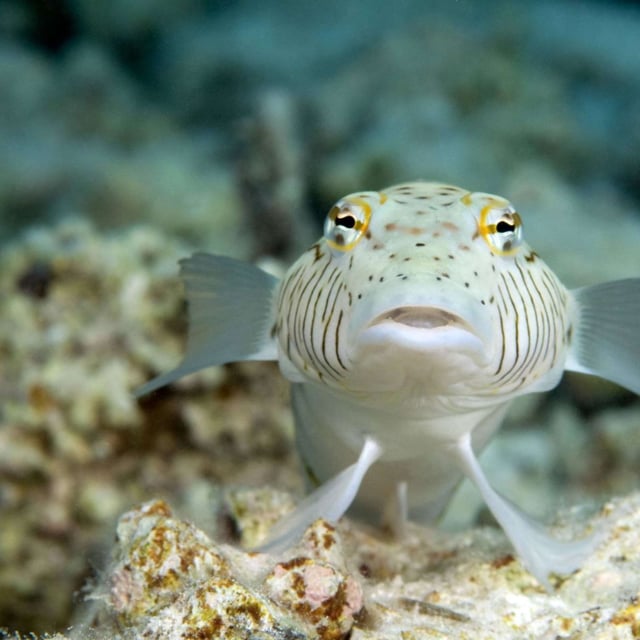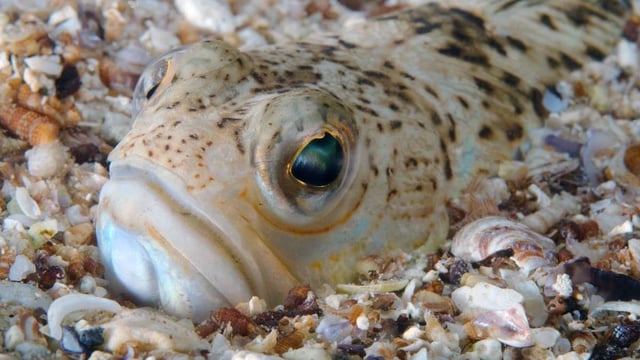Overview
- Lifeguards at Spain’s Costa Blanca have treated 189 sting victims since June, outnumbering jellyfish cases, while German services report about 30–40 incidents annually.
- The petermännchen’s venom contains serotonin and proteins that trigger severe pain, swelling and in allergic individuals can lead to dizziness, vomiting or even cardiac arrest.
- This ambush predator buries itself in sand near shorelines, making it effectively invisible and increasing the risk of accidental contact for waders.
- Spanish and German lifeguard teams now conduct regular drills simulating emergencies, ensuring stung bathers receive hot-water treatment and rapid transport to medical care.
- Beachgoers are advised to wear swim shoes, stamp their feet firmly when entering shallow water and seek immediate medical attention if stung.


